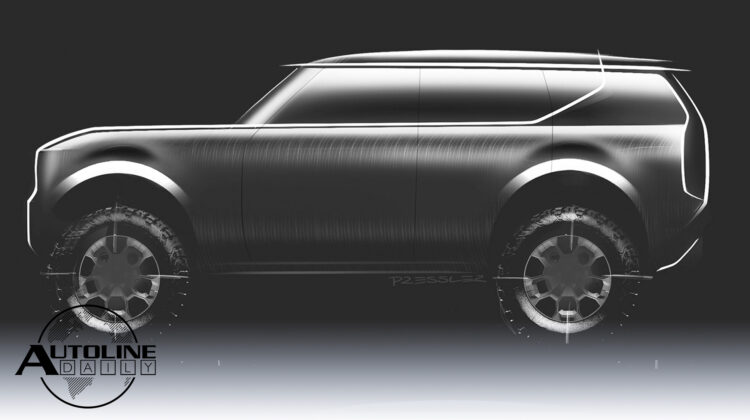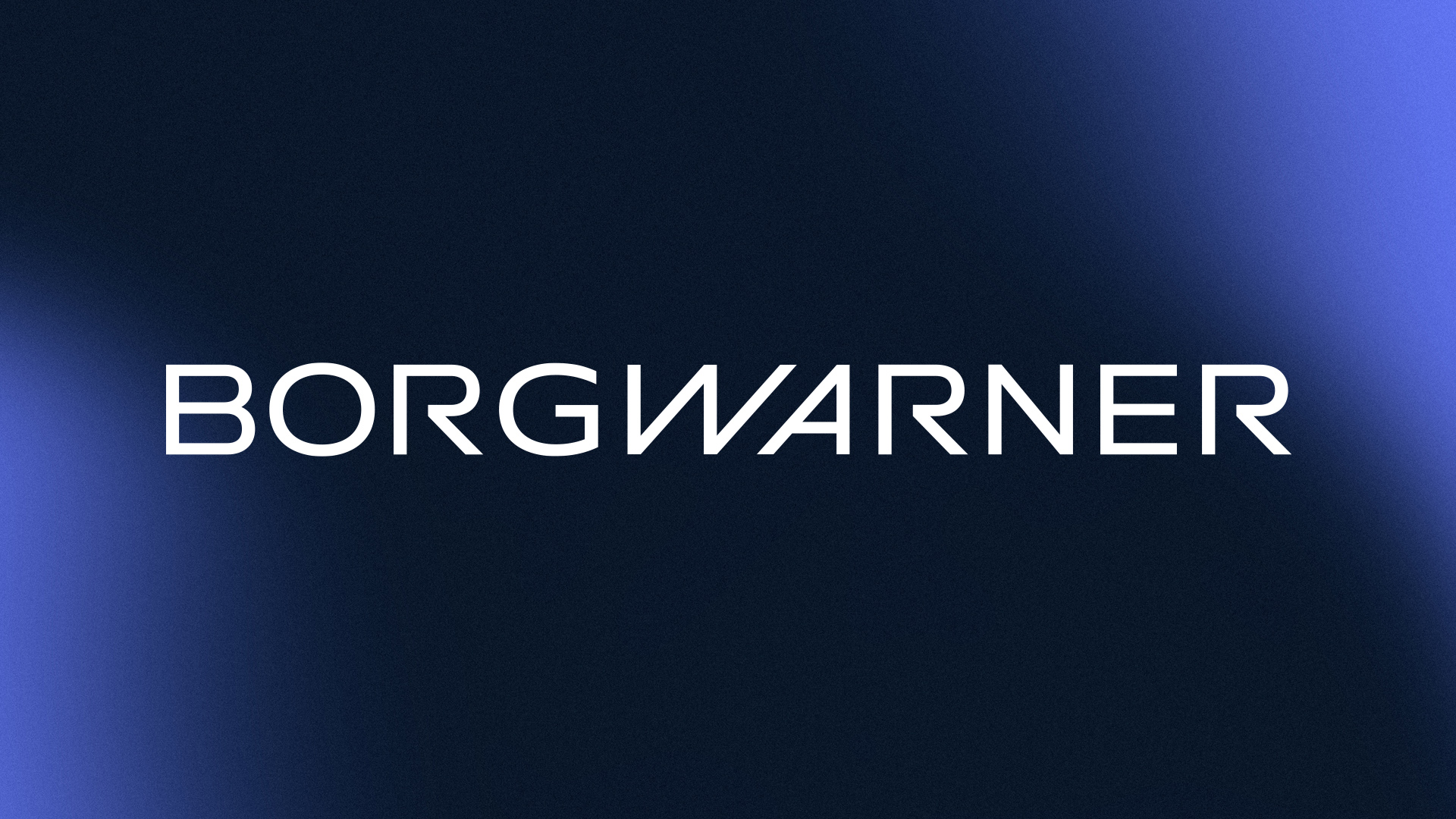
Listen to “AD #3420 – Scout Brand Name Outscores Rivian; Does Tesla Really Have a Delivery Problem?; VW Considers More IPOs” on Spreaker.
Follow us on social media:
Runtime: 9:25
0:10 VW Considers More IPOs
1:10 South Korea Wants U.S. EV Subsidies
2:18 Does Tesla Really Have a Delivery Problem?
3:37 Hyundai IONIQ 6 Rated at 614 KM
4:49 U.S. Getting Toyota Crown PHEV
5:13 Citroen’s Used Service Parts Slash Cost
6:48 Mercedes A- & B-Class Refreshed
7:29 Scout Brand Name Outscores Rivian
Visit our sponsors to thank them for their support of Autoline Daily: Bridgestone, Intrepid Control Systems, and Schaeffler.
This is Autoline Daily, the show dedicated to enthusiasts of the global automotive industry.
VW CONSIDERS MORE IPOs
Just before the Porsche IPO, the Volkswagen Group had a market capitalization of €80 billion. But Porsche’s IPO valued the sports car company at €78 billion. And that got the board at VW thinking, ‘if we can unlock that much value with Porsche, how much more value could we unlock with our other brands? So VW’s CEO Oliver Blume ordered all of VW’s brands to prepare for a stock listing. He calls it a training exercise, but that’s a lot of work to do just for the fun of it. And VW definitely has some other brands that could score well in the stock market. Like Audi. And Bently. And Lamborghini. Maybe not so much with SEAT and Skoda, but we think those luxury brands could have a good chance of getting their own IPO, and unlock an additional tens of billions of euros of value within the VW Group.
SOUTH KOREA WANTS U.S. EV SUBSIDIES
The Inflation Reduction Act provides generous subsidies for electric cars. But only if they’re made in the U.S. with batteries that are made in the U.S. Europe, Japan and South Korea are protesting that this violates the rules and regulations of the World Trade Organization. South Korea is particularly miffed because it has a free trade agreement with the U.S. Now, Reuters reports that President Biden sent a letter to South Korean President Yoon Suk-yeol saying he’s willing to talk about the issue. So here’s our Autoline Insight. South Korea will probably get some kind of waiver so that EVs from Hyundai, Kia and Genesis qualify for sales subsidies. And in time, the EU and Japan might get them too. But at this snapshot in time, with the EV issue so politicized, and the midterm elections right around the corner, it’s unrealistic to think that the U.S. Congress would provide taxpayer money to subsidize the sale of cars and batteries made in other countries.
DOES TESLA REALLY HAVE A DELIVERY PROBLEM?
Yesterday we reported that Tesla made more cars than it sold in September. Tesla says demand is actually quite high but it can’t find enough car-haulers and drivers to deliver those cars to customers. But others are not so sure. Some analysts believe that Tesla’s rising inventory levels may be a leading indicator that demand for its cars is cooling off. Wall Street analyst Adam Jonas from Morgan Stanley said there’s a limit to how much Tesla can keep on raising prices and that it’s unreasonable to think that it’s not going to be affected by a slowing global economy. But what do you think? Is it really a delivery problem, or is this the first sign that demand for Tesla’s is starting to plateau?
HYUNDAI IONIQ 6 RATED AT 614 KM
The Hyundai IONIQ 6 is going to be one of the most efficient EVs when it hits the market. On the WLTP cycle, the long-range, two-wheel drive model is rated at 614 kilometers or 381 miles of range. For comparison, the IONIQ 5, which is built on the same platform and has the same propulsion setup, is rated at 507 kilometers and 315 miles of range. We know the 6 is more aerodynamic than the 5, but to get that much more range Hyundai had to make some improvements to its EV system. The IONIQ 6 has a 77.4 kWh battery, which means it gets 4.9 miles per kWh. That’s incredibly good, but we also know the EPA range will be lower. Even so, the IONIQ 5 only gets 12 less miles of range on the EPA test compared to WLTP. If we apply that same logic to the IONIQ 6 it still comes in at 4.7 miles per kWh. And some of the best EVs aren’t even close to that.
TOYOTA CROWN GETS PHEV VERSION
Toyota is more bullish about a mixed propulsion strategy to meet customer demands and its CEO just revealed the all-new Crown is adding a plug-in hybrid version along with two other hybrid models for the U.S. market. The PHEV version of the Crown, which replaces the Avalon, was originally only for the Japanese market, but obviously that’s changed.
CITROEN’S USED SERVICE PARTS SLASH COST
Citroen is launching something called Citroen Citizen Services that’s all about creating the best experience for owners. And it’s doing some pretty interesting things. New for this year, is an online platform where customers can order used spare parts that come from end of life vehicles. Not only is this another source of revenue for the company, but the parts are up to 70% cheaper than buying brand new. Even EV owners can opt for a service contract that includes the use of recycled or remanufactured parts approved by the manufacturer. Another new feature for EV owners is the ability to use an ICE vehicle, free of charge, if they want to take a longer trip. They get up to 7 days over the course of the original two-year warranty period. Lastly, PHEV owners get points for every time they charge, which they can redeem for free public recharging or train vouchers.
MERCEDES A- & B-CLASS REFRESHED
Mercedes is launching the newest versions of its entry-level people movers, the A- and B-Class. Both feature refreshed front end styling with new grille designs and LED headlamps, while the A-Class also gets a new rear diffuser and LED taillamps. The interiors are pretty much the same with the option for two 10 and a quarter inch display screens mounted above three round air vents. Lastly, all versions of the A- and B-Class are now electrified with at least 48-volt mild hybrid tech and the plug-in hybrid has more power and range than the previous model.
SCOUT BRAND NAME OUTSCORES RIVIAN
As you know, Volkswagen is going to bring back the Scout brand, with a rugged all-electric SUV and pickup truck. Scout went out of production in 1980, and when Volkswagen started doing it’s market research on the Scout, it was surprised to find how well the brand still scores. It found that people look at the Scout more fondly than they do the electric version of the ID.Buzz, VW’s electric version of the old hippie bus. In fact the Scout scored better than VW’s other electric cars the ID.4 and ID.5. And the Scout brand even has better name recognition than Rivian, the EV startup that’s gotten all kinds of media coverage. That’s an amazing performance for a brand that went out of business 42 years ago. All this bodes really well for Volkswagen as it plans to bring the Scout SUV and pickup back to the market about four years from now.
Schaeffler is developing all kinds of technology, including next generation EV batteries, advanced electric motors, hub motors and e-axles, as well as fuel cells, steer-by-wire and air suspensions. That’s an impressive portfolio of advanced technology, which is why we invited Jeff Hemphill, the Chief Technology Officer at Schaeffler to join us on Autoline After Hours tomorrow afternoon. We invite you to join us too, and learn all about the technology that’s in the labs today but will be in cars tomorrow.
And that wraps up today’s report. Thanks for watching.
Thanks to our partner for embedding Autoline Daily on its website: WardsAuto.com
Seamus and Sean McElroy cover the latest news in the automotive industry for Autoline Daily.






